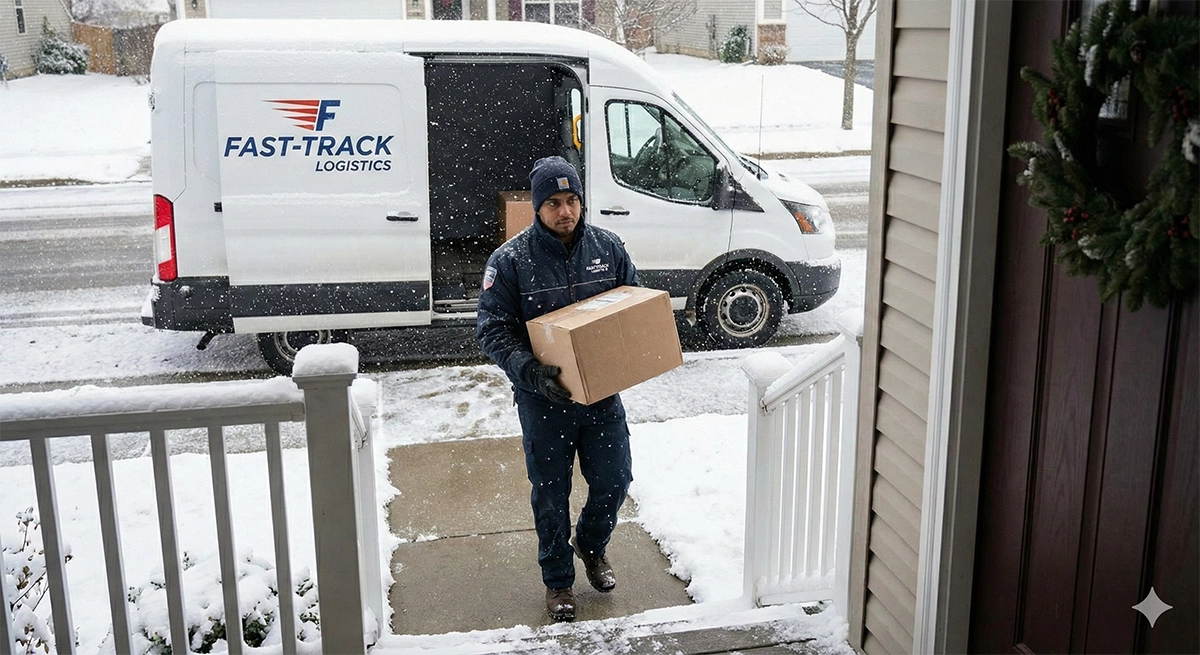Awarding-Winning subsidiary cited as surpassing first-year business goals in first two months of operation
DENVER, June 20, 2018 – Pinnacol Assurance announced today that a new case study by Forrester Research, one of the most influential research and advisory firms in the world, explores how Colorado workers’ compensation leader Pinnacol beat expectations by creating a new digital platform to offer coverage to small businesses in only nine months, three months before its projected launch.
The study notes that Cake, winner of the 2018 Celent Model Insurer and Digital Edge 50 awards, “has won more customers, increased its profits, and enjoyed higher Net Promoter Scores [a measure of customers’ willingness to recommend a company's products or services] than expected in the six months since its first policy sale.”
“Pinnacol Assurance had to bear up under the same pressures facing the broad insurance marketplace: growth, new competitors, and emerging tech. It also faced an extra wrinkle: as a political subdivision of Colorado, it faced added regulations,” one passage reads.
“We felt the need to bring to market a workers’ comp solution that incorporated what we know about the needs of Colorado small businesses: it had to be simple, fast and responsive to their individual needs,” said Phil Kalin, CEO of Pinnacol Assurance. “Cake is all of those things and more and more employers are seeing the advantages of using such a low-maintenance, straightforward platform.”
In addition to Kalin, Rob Norris, Cake’s Chief Executive Officer, is noted by Kalin in the case study with possessing ‘the energy and self-direction needed to get the new business launched.’
“We are constantly on the lookout for ways to cut down the friction in meeting customer needs,” Norris is quoted as saying.
In the case study – “Pinnacol Assurance Fights Disruption by Launching A Digital Venture” –Forrester’s Ellen Carney explores how Pinnacol focused on five fundamental considerations while building Cake:
- Meeting the digital needs of a growing base of small employers,
- Staying competitive in the small business market,
- Preserving existing agency relationships,
- Respecting perceptions of small employers and how their premiums are used, and
- Ensuring transparency with policymakers and regulators.
Carney concludes that Pinnacol responded to these challenges by:
- Being fast and simple (weeding out unnecessary steps),
- Putting the portal in customers’ hands (making Cake mobile-friendly), and
- Remaining true to Pinnacol’s brand specialty (workers’ compensation).
Carney also highlights the speed with which Pinnacol debuted its new portal.
“While other insurers have stood up new digital businesses aimed at specific markets, these have been multi-year, not multi-month, endeavors,” she writes.
The study reports that in the first two months after its October 2017 launch, Cake exceeded its 2017 revenue projections by 140 percent, and by the end of the first quarter of 2018 surpassed revenue projections by 500 percent. It also notes Cake had above average customer satisfaction and higher profits because 90 percent of Cake’s policies are automated and require no underwriting staff to complete.
Moving forward, Pinnacol is expanding its operating footprint by offering the platform to other carriers.
Media usage guidelines: Media outlets are encouraged to share a direct link to the study in their coverage.
- Case Study: Pinnacol Assurance Fights Disruption By Launching A Digital Venture, June 2018, Forrester











